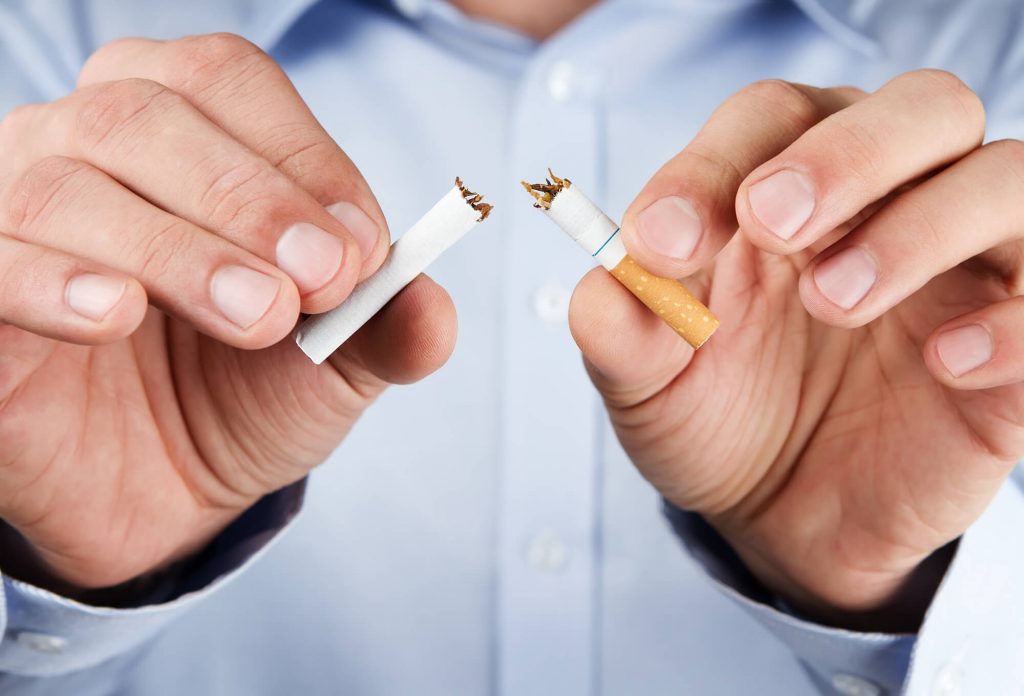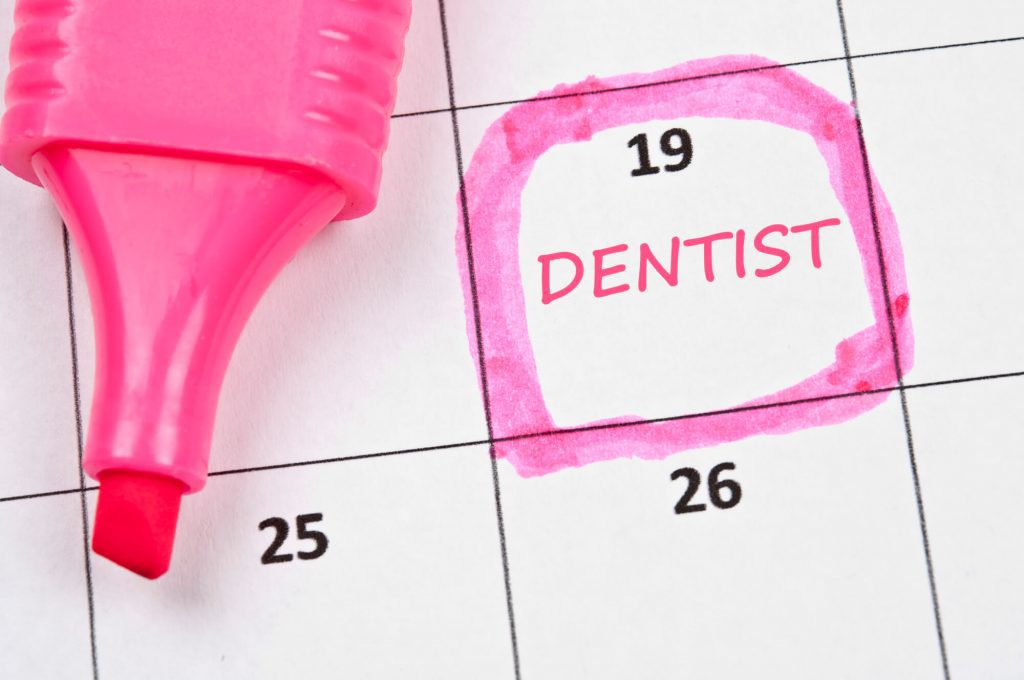Do you visit your dentist in Wilson often? If you can remember your last visit, what did your dentist say about your oral health? Statistics show that 26% of American adults suffer from untreated tooth decay, while 46% of adults 30 years old and above exhibit signs of gum disease. In addition, 9% of adults are diagnosed with severe gum disease. These shocking numbers prove that many people still do not take their oral health seriously.
Are you aware that your oral health is linked to your overall health? When something is wrong in your mouth, it will affect the rest of your body. To ensure that your oral health remains in tip-top shape, you should practice good oral hygiene, modify your lifestyle and your diet, and make time to see your dentist every year.
Sadly, people do not realize how important their oral health is not until they experience intense tooth pain, sore and bleeding gums, and tooth loss. Why wait to go through these unbearable inconveniences when you can prevent them in the first place? How then can you maintain good oral health? We’ve compiled helpful tips that will help boost your oral health.

Tips For a Healthy Mouth
Brush and Floss Daily
You cannot have a healthy mouth if you do not brush and floss your teeth daily. Therefore, brushing and flossing should be a part of your daily routine. Why are brushing and flossing necessary? Without these two, your teeth and gums will be in danger.
Plaque continuously forms and collects on the surface of your teeth and along the gum line. It’s a colorless biofilm composed of bacteria. The bacteria in plaque will feed on the sugars from the food you consume. As a result, bacteria will release acids that cause your enamel to erode, leading to the formation of holes called cavities.
Apart from cavity formation, plaque can harden and calcify into tartar. Tartar that forms along the gum line will eventually cause gum irritation and inflammation resulting in gum disease.
Brushing helps remove plaque, bacteria, and food particles on the surface of your teeth. Make sure you use a soft-bristled toothbrush to remove food debris effectively. The ideal brushing time is two minutes, two times a day.
Flossing is just as important as brushing as it removes food particles that have lodged in the tiny spaces in between your teeth. However, we encourage you to ask your dentist about the proper brushing and flossing techniques. If you use the wrong methods, your efforts will be in vain, and plaque will continue to accumulate and wreak havoc in your mouth.
Choose Fluoride-Based Toothpaste
When selecting a toothpaste brand, choose one that has the ADA acceptance seal and make sure it contains fluoride. Fluoride is a type of mineral that the American Dental Association dubbed as “nature’s cavity fighter” as it helps keep your teeth strong and resistant to tooth decay.
Give Up Smoking
Research shows that smoking significantly affects your oral health by encouraging the accumulation of plaque and bacteria in your mouth. Furthermore, smoking deprives your bloodstream of oxygen. Unfortunately, the lack of oxygen will delay the healing of infected and inflamed oral tissues.
Studies also reveal that people who smoke lose their teeth earlier than non-smokers. Smoking can lead to tooth loss, but it can also cause gum disease, tooth decay, tooth stains, and oral cancer. So, the next time you think about lighting that cigarette, consider the consequences.
Limit Consumption of Sugary Treats
If you love sweets, eat them fast, rinse your mouth with water and then brush your teeth. The longer sugars stay in your mouth, the more prone you are to tooth decay. Sugary treats like candies, gummy bears, cookies, cakes, and pies will predispose you to cavities and tooth decay.
Soft drinks are also bad for your teeth because not only do they contain loads of sugars, but these drinks are also highly acidic. Even if you choose sugar-free soda, the acid content will still cause enamel erosion. It’s best to stick to water.
Visit Your Dentist Every Year
One of the most important steps to maintaining good oral health is visiting your dentist at least once every six months. Even if your mouth feels perfectly fine, you still need to see your dentist for an oral exam and routine teeth cleanings.
An oral exam allows your dentist to check your mouth and identify early signs of trouble. Early detection means early treatment, sparing you from complications and expensive dental work.

Do You Need to See a Dentist in Wilson?
If you follow these tips, you’ll be able to enjoy a beautiful and healthy smile for a long time. To help boost your oral health, we suggest you partner with a reliable dentist.
At Tyron Family Dentistry, we offer superior quality dental treatments that our team will customize to fit your needs. In addition, our office is fully equipped with the latest state-of-the-art technology designed to give you a comfortable experience. So, call us today for an appointment.

